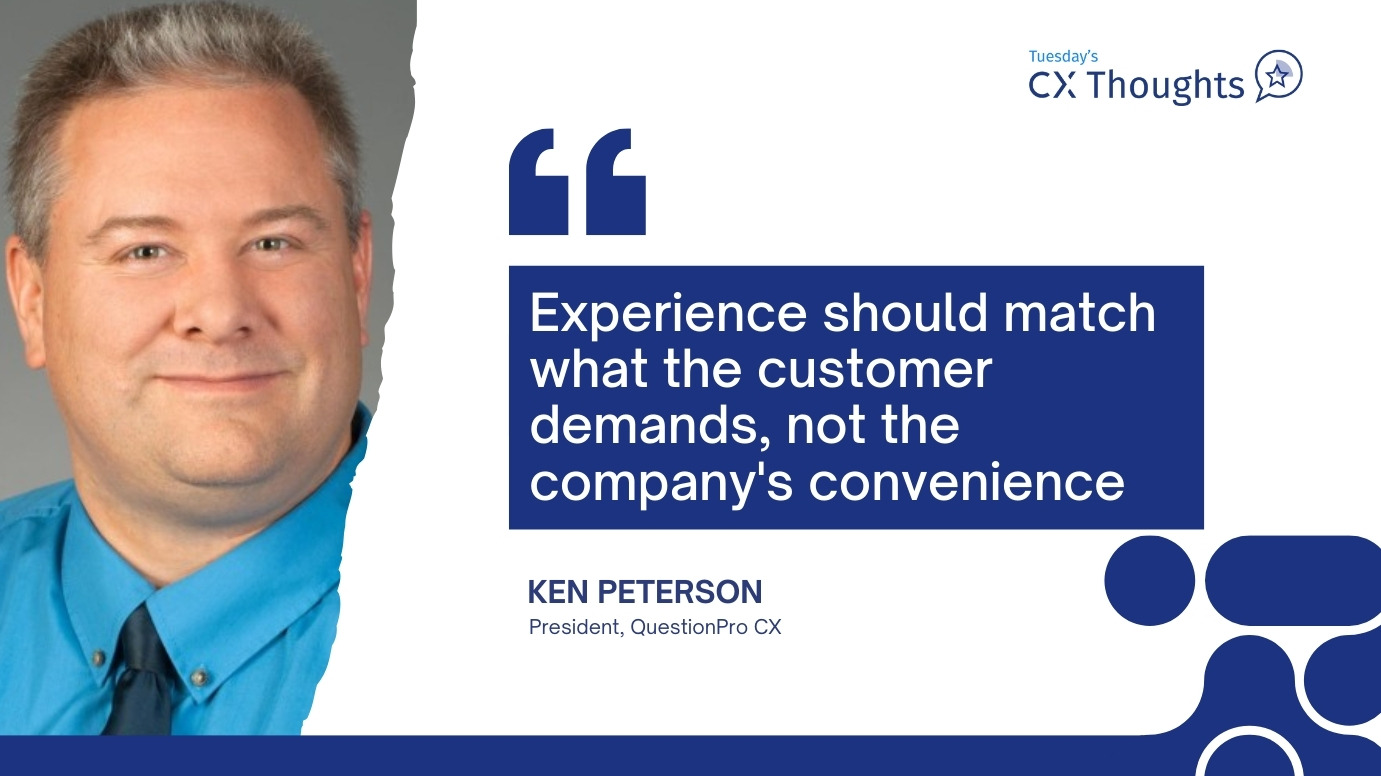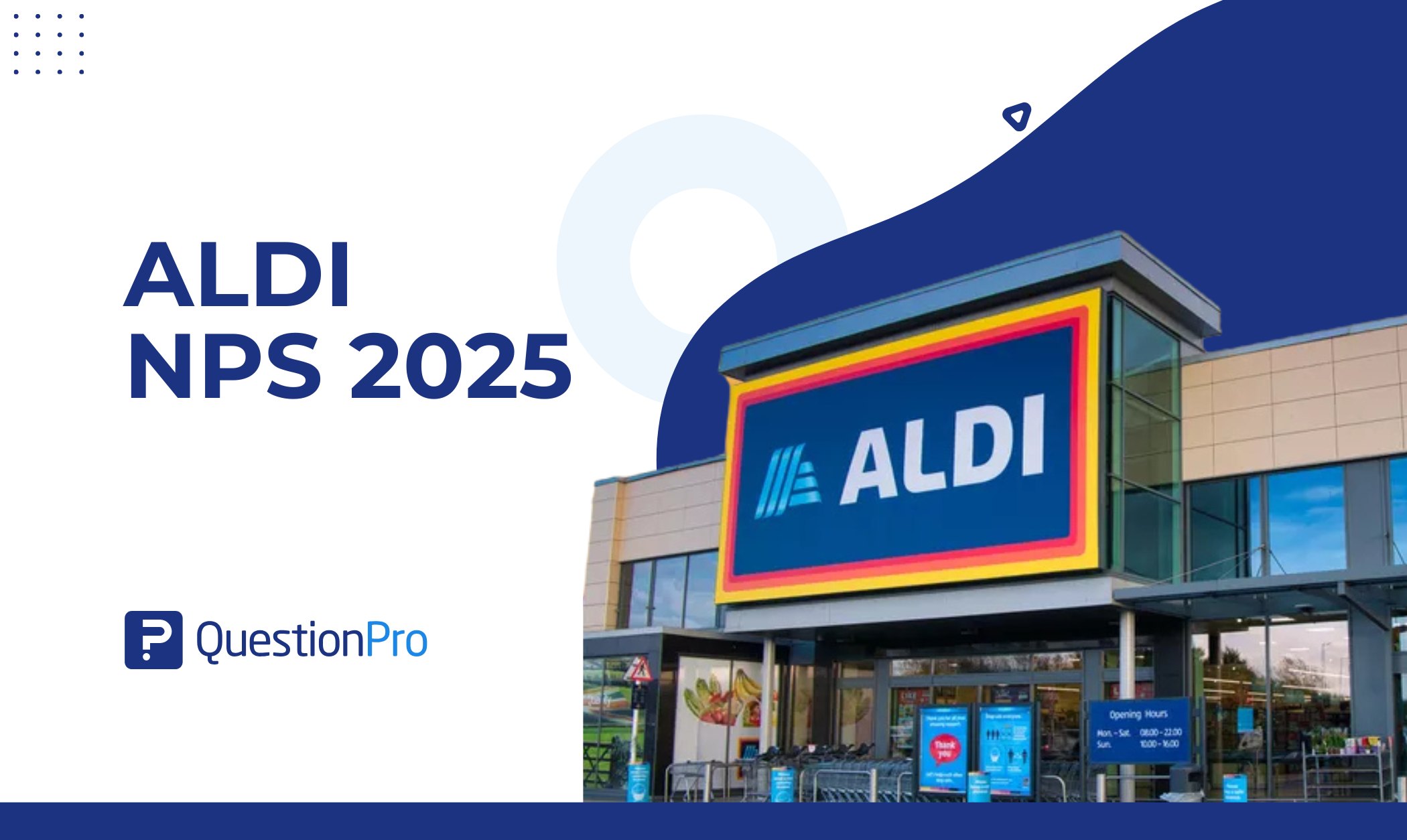In today’s digital age, data is the currency that drives businesses, informs decision-making, and shapes strategies for success. As organizations strive to gain a competitive edge, the importance of effective data tracking becomes increasingly evident.
This blog explores the essential aspects of data tracking, from its definition to the planning stages, the myriad benefits it offers, and the software solutions that facilitate this critical process.
What is Data Tracking?
Data tracking is the systematic process of collecting, monitoring and analyzing information to gain insights, make informed decisions, and achieve specific objectives.
It involves continuously observing and recording relevant data points related to various aspects of a business or system, such as customer behaviors, operational metrics, market trends, etc. It transforms raw data into meaningful insights that drive strategic decision-making and improvements.
Importance of Data Tracking
The importance of data tracking in today’s business landscape cannot be overstated. As organizations navigate an increasingly complex and competitive environment, leveraging data through systematic search provides numerous advantages.
Here are some key reasons why a data tracking plan is crucial:
Informed Decision-Making
It provides organizations with the necessary information to make well-informed decisions. Businesses can identify opportunities, mitigate risks, and adapt strategies to achieve their goals by analyzing trends and patterns.
Performance Evaluation
Tracking key metrics allows businesses to assess their performance objectively. Whether measuring customer satisfaction, operational efficiency, or financial performance, data tracking provides a quantitative basis for evaluation.
Continuous Improvement
It enables organizations to identify areas for improvement. By understanding what works and what doesn’t, businesses can implement changes to optimize processes, enhance products or services, and stay competitive in a dynamic environment.
Customer Insights
Understanding customer behaviors and preferences is crucial for tailoring products and services to meet their needs. Tracking customer data provides valuable insights into the customer journey, allowing businesses to create personalized and engaging experiences.
Planning for Effective Data Tracking
Planning for effective data tracking is crucial for businesses and organizations to make informed decisions, optimize processes, and achieve their goals. Here’s a comprehensive guide to help you plan for effective data tracking:
1. Define Objectives and Goals
Clearly articulate the objectives and goals of your data tracking plans. Understand what you aim to achieve with the data collected.
2. Identify Key Metrics
Determine the key performance indicators (KPIs) and metrics relevant to your objectives. Focus on data that directly aligns with your business goals.
3. Understand Data Sources
Identify and document all potential data sources. This includes internal databases, third-party APIs, customer interactions, website analytics, and other relevant channels.
4. Data Quality Assurance
Establish data quality standards and procedures. Ensure that data is accurate, complete, and reliable. Implement validation checks to catch errors early.
5. Choose Data Collection Tools
Select appropriate tools to track data and collect based on your needs. This could include customer relationship management (CRM) software, analytics platforms, surveys, or custom-built solutions.
6. Data Security and Compliance
Develop a robust data security and compliance strategy. Ensure you comply with relevant data protection regulations (e.g., GDPR, HIPAA) and implement measures to safeguard sensitive information.
7. Data Storage and Management
Plan how you will store and manage the collected data. Consider factors such as scalability, accessibility, and data retention policies.
8. Data Integration
Integrate data from different sources to create a unified and comprehensive view. This may involve using middleware or data integration platforms.
9. Data Visualization and Reporting
Implement tools for data visualization and reporting. Dashboards and reports should provide meaningful insights to stakeholders, making it easier for them to understand and act on the data.
10. Automation
Automate data collection processes where possible to reduce manual errors and save time. Automation also ensures that data is collected consistently and on time.
11. User Training
Train your team members on how to collect, analyze, and interpret data. Make sure everyone understands the importance of data quality and security.
12. Monitoring and Maintenance
Implement a system for continuous monitoring and maintenance. Regularly review data quality, update procedures, and adapt to and improve business performance, objectives, or technology changes.
13. Feedback Loops
Establish feedback loops for continuous improvement. Encourage users to provide feedback on the event data quality and usefulness, and use this information to refine your tracking processes.
14. Scalability
Design your data tracking model system to be scalable. Consider potential data volume and user behavior base growth, and ensure your infrastructure can handle increased demands.
15. Regular Audits
Conduct regular audits to ensure your tracking processes align with your initial objectives and comply with regulatory requirements.
Benefits of Data Tracking
Data tracking offers a multitude of benefits for organizations across various industries. Here are some key advantages of implementing effective data tracking systems:
Informed Decision-Making
It empowers organizations to make well-informed decisions by comprehensively understanding various factors influencing their operations.
Enhanced Customer Experience
By tracking customer behaviors and preferences, businesses can tailor their products and services to meet and exceed customer expectations, fostering loyalty and satisfaction.
Improved Operational Efficiency
Identifying inefficiencies through data tracking tools allows organizations to optimize processes, allocate resources more effectively, and streamline operations.
Competitive Advantage
Staying ahead in today’s competitive landscape requires leveraging data to anticipate market trends, identify opportunities, and adapt strategies accordingly.
QuestionPro as a Data Tracking Software Solution
QuestionPro is a survey and data collection platform rather than a traditional data tracking software solution. However, it can gather and analyze data through surveys and forms. Let me provide you with some information on QuestionPro and its capabilities:
Survey Creation:
- QuestionPro allows users to create surveys and questionnaires with various question types.
- It supports many question formats, including multiple-choice, open-ended, and rating scales.
Distribution Channels:
- Surveys can be distributed through various channels such as email, web pages or links, social media, etc.
- The platform provides tools for managing and monitoring survey distribution.
Data Collection:
- It facilitates the collection of quantitative and qualitative data from respondents.
- Responses can be collected in real-time, and participants can provide feedback anonymously if desired.
Analysis and Reporting:
- QuestionPro offers tools for analyzing survey data, including fundamental statistical analysis.
- Reporting features allow users to generate charts, graphs, and summary reports based on the collected data.
Integration:
- It may integrate with other tools and platforms, allowing users to connect survey data with other business applications.
Customization:
- Users can customize the appearance of surveys to match their branding.
- Advanced customization options may be available for users with specific design requirements.
Security and Compliance:
- The platform may provide features to ensure the security and confidentiality of collected data.
- Compliance with collect data protection regulations may be addressed through features like secure data storage and participant anonymity.
Conclusion
Data tracking is a dynamic and integral aspect of modern business strategy. Organizations can navigate the vast data landscape to gain a competitive edge and thrive in today’s data-driven decisions world by defining objectives, planning meticulously, reaping the benefits, and utilizing cutting-edge software solutions.
Suppose you are explicitly looking for data-tracking software. In that case, these systems often focus on real-time monitoring and analysis of various metrics, usually related to business operations, website analytics, or other performance indicators.
Examples of data tracking software include tools like Google Analytics, Mixpanel, or Tableau.
While QuestionPro is not a conventional data-tracking software, it can be valuable for collecting and analyzing data through surveys and forms. If you have specific requirements for data tracking in a different context, you should explore other solutions tailored to those needs.







